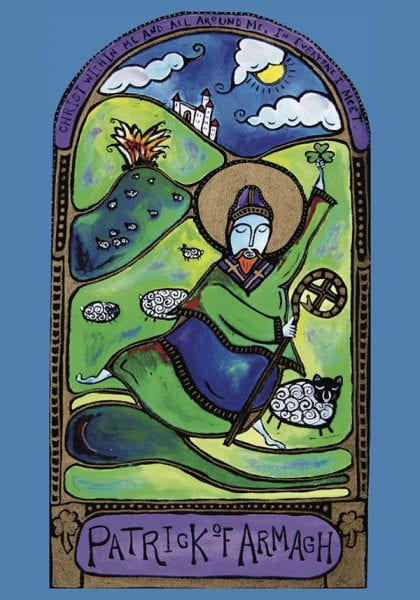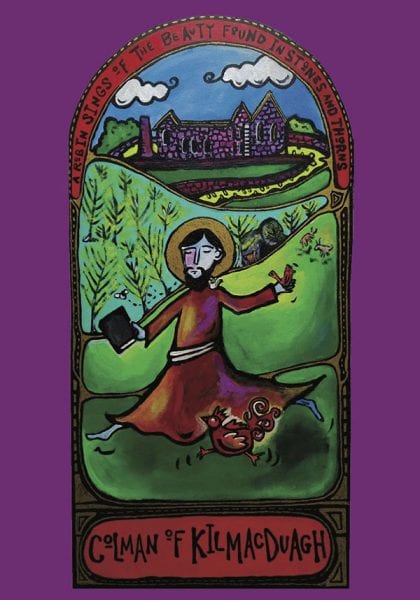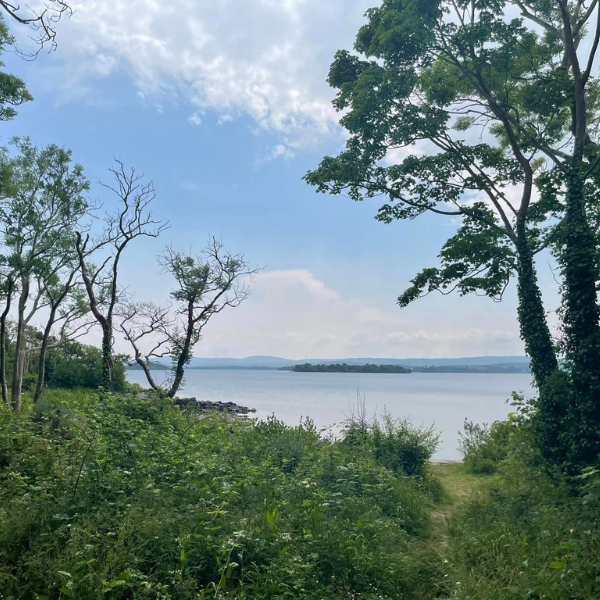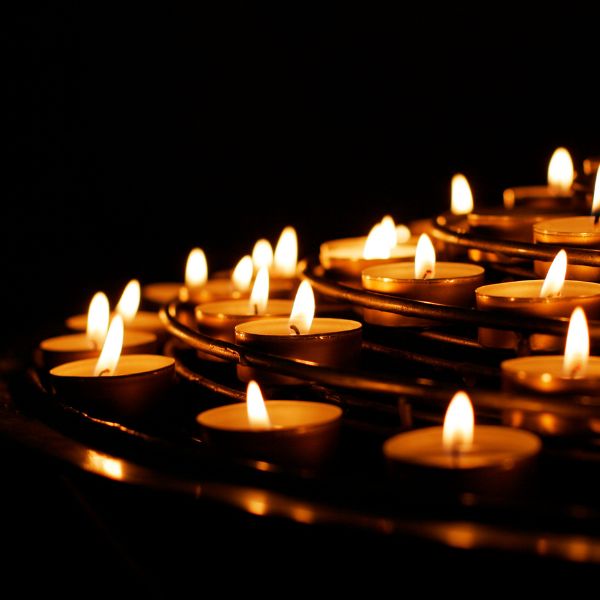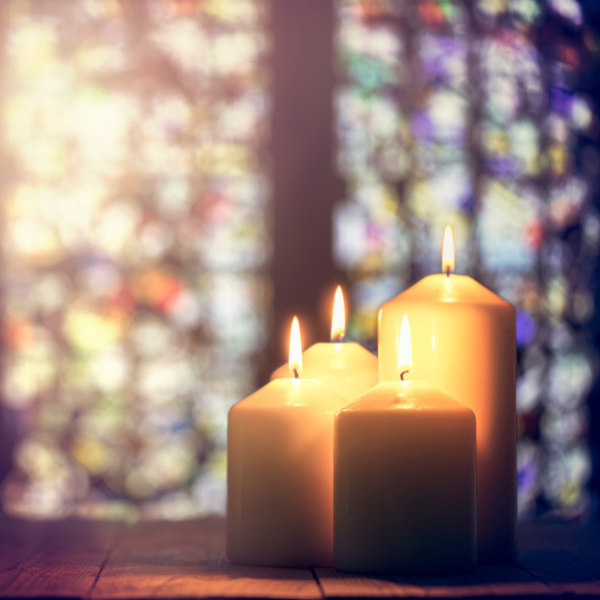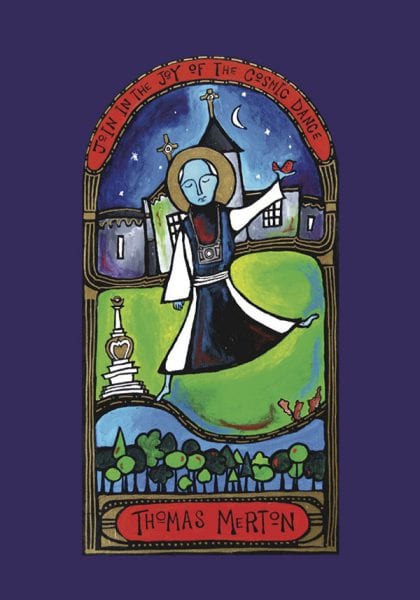 Dearest Monks, artists, and pilgrims,
Dearest Monks, artists, and pilgrims,
Today is the feast day of Thomas Merton and I share with you this excerpt from my book Illuminating the Way: Embracing the Wisdom of Monks and Mystics:
“The rush and pressure of modern life are a form, perhaps the most common form, of its innate violence. To allow oneself to be carried away by a multitude of conflicting concerns, to surrender to too many demands, to commit oneself to too many projects, to want to help everyone in everything is to succumb to violence.” (Merton in Conjectures of a Guilty Bystander)
I first read this quote several years ago in a Yoga Journal article on the practice of ahimsa, or nonviolence. It stunned me away because I had never before even considered that the busyness of my life might be a form of violence in which I participate. Merton is not writing this to corporate culture, but to peace activists and other well-meaning folks in the church trying to do good things, too many good things.
While I have always been drawn to the contemplative life, I have never quite looked at busyness in the same way again. I work a lot with people in ministry, mostly training them to use the arts and contemplation in their work and for prayer and self-care. When I taught classes in seminaries, I was often shocked and dismayed to see students stretched so far by school demands that there is really no time and space to integrate all the shifts happening in their understanding or to create life-giving patterns for future ministry. It saddens me because seminary is the place where healthy habits and practices for ministry can be set in place. I wish there was more emphasis on self-care and a recognition of the violence we do to ourselves when we, as Merton says, commit to too many projects and demands. Church culture is just as guilty of this, as busy as the corporate world and demands just as much time and energy, and in the name of doing good work, we keep going.
And yet faith communities have an opportunity, really a responsibility, to be a witness to the world of a genuine alternative way of being. This is one of their prophetic tasks. One that doesn’t invest our value solely in what we do and achieve. A way of being that embraces the humility to know when we have reached our limits, and when we need to say no for the sake of greater life.
Merton’s insight into the violent nature of our doing and busyness led me to an epiphany about the contemplative life. So much has been written about the balance between contemplation and action and how contemplative prayer can renew us to continue the hard path towards justice. To be sure this is all true, but what I began to see was the contemplative life itself as a path of justice, a witness to the world of a way of being that releases the bonds of compulsive doing and resists the violence that busyness can unleash on our bodies, our relationships, our communities. We began to explore this last chapter in the connection between the Prophet and the practice of Sabbath.
Indeed, there are so many good things we could do in the world, but investing our energy in the multitude of goods that exist is an enemy of the best, the way that God calls us most deeply to follow – a way that emerges out of who we are and that honors both our gifts and our limitations. Maturity in the spiritual life means knowing what we are both called to do and what we are called not to do. Self-care means good stewardship of the gifts we have been given and the body that is the vessel that offers them.
Creativity is essential to the world, to imagine new possibilities. Yet, so many of us lead lives that are so full, there is barely room for God’s newness to erupt in us, or for us to even recognize those stirrings when they happen. The monastic path offers us guidance in this direction.
With great and growing love,
Christine
Christine Valters Paintner, PhD, REACE
Dancing Monk Icon © Marcy Hall RabbitRoomArts

